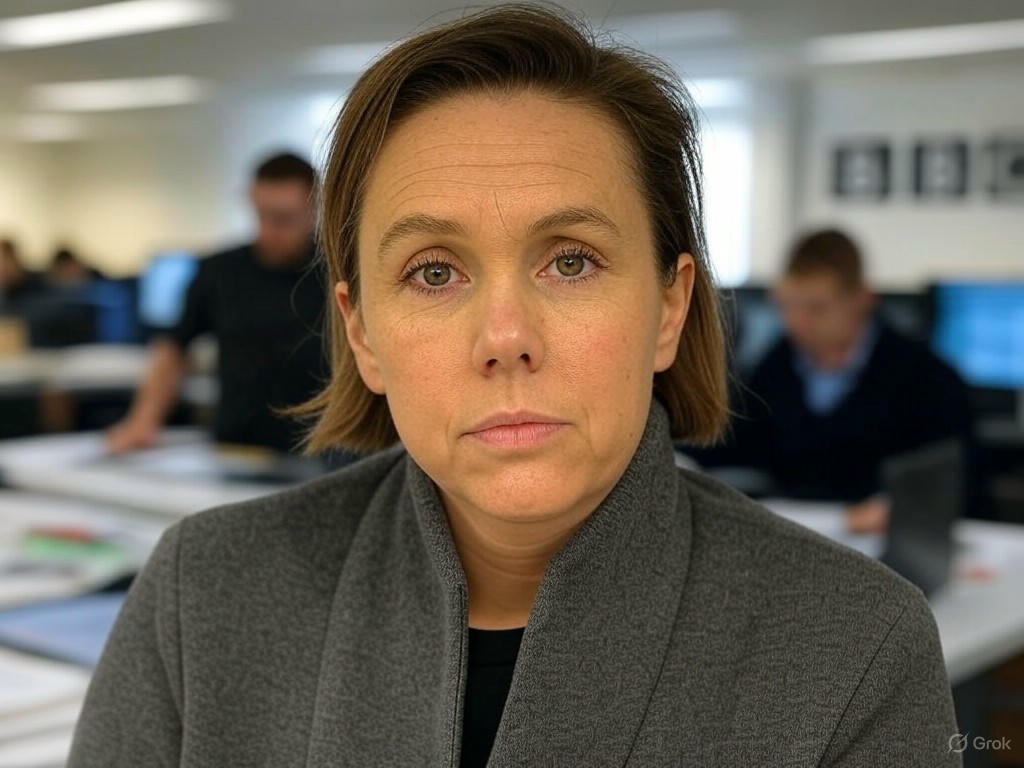BBC Draws the Line: Legal Battle Looms Over AI Content Scraping
In a groundbreaking move, the British Broadcasting Corporation (BBC) has issued a stern warning to an artificial intelligence company, threatening legal action over the alleged unauthorized use of its content. This marks a significant moment in the evolving relationship between traditional media giants and emerging tech firms that rely on vast datasets to train AI models. The BBC, a cornerstone of global journalism, claims that the unnamed AI firm has been scraping its articles, videos, and other proprietary materials without permission, raising serious ethical and legal questions about intellectual property in the digital age.
The practice of scraping—extracting data from websites for various purposes—has become a common tool for AI developers seeking to feed algorithms with diverse information. However, when this data includes copyrighted content, it treads into murky territory. The BBC alleges that its meticulously crafted journalism, built on decades of trust and rigorous standards, is being exploited to enhance AI systems without compensation or consent. This case is not just about one company; it highlights a broader tension between content creators who invest heavily in original work and tech innovators who argue that publicly available data should be fair game for transformative technologies.
Legal experts suggest that this dispute could set a precedent for how intellectual property laws are applied in the context of AI development. If the BBC proceeds with litigation, it may prompt other media organizations to scrutinize how their content is being used by tech firms. The outcome could redefine the boundaries of ‘fair use’ and establish clearer guidelines on data scraping. For the AI industry, a ruling in favor of the BBC might mean tighter restrictions on accessing online content, potentially slowing down the pace of innovation or increasing operational costs as companies seek licensing agreements.
Beyond the legal ramifications, this clash underscores a deeper ethical debate. Should AI companies be allowed to profit from the labor of journalists and creators without contributing back to the ecosystem that produced the content? The BBC’s stance sends a powerful message: even in an era of rapid technological advancement, the principles of ownership and respect for creative work must be upheld. As AI continues to permeate every aspect of life, from chatbots to content generation, ensuring a balance between innovation and fairness will be critical.
As this story unfolds, the world will be watching closely. The BBC’s decision to take a stand could inspire other content creators to protect their digital assets more aggressively. Meanwhile, AI firms may need to rethink their data acquisition strategies, prioritizing transparency and collaboration over unchecked harvesting. This legal battle, though centered on one media titan and an AI upstart, reflects a much larger struggle to define the rules of engagement in a tech-driven future. The resolution of this conflict could shape the digital landscape for years to come, reminding us that progress must not come at the expense of integrity.


